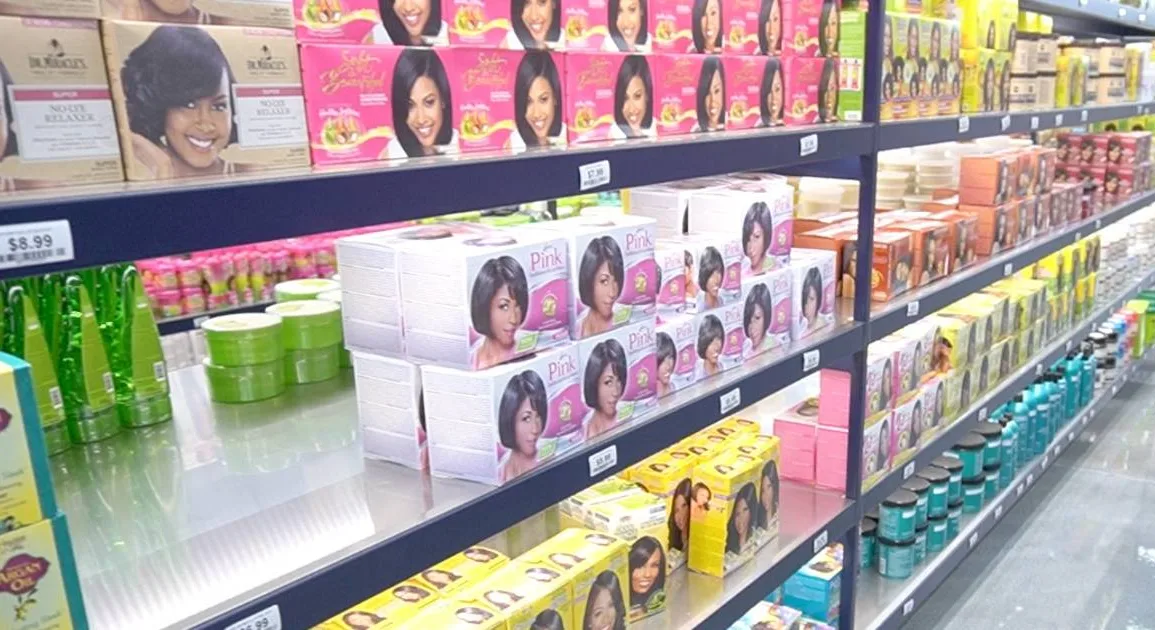July is National Minority Mental Health Awareness Month, a time the Center for Disease Control and Prevention wants to raise awareness about mental health challenges affecting people of color. And Lord knows, Black Americans understand what those challenges feel like stress from the workplace and everyday tensions from racism; generational traumas; frustrations with partners and kids (or the lack thereof); worries about money or housing or toxic environments, and on and on.
Historically, we shoulder a lot and haven’t been great at getting help to deal with it all. But that’s changing: though about 25 percent of Black Americans seek mental health treatment vs. 40 percent of White people, according to a recent study from the Harvard-affiliated hospital McLean, more Black people are speaking up about getting mental health these days; since 2020, there’s been an 11 percent increase in Black people reporting mental concerns according to a study by CVS Health/Morning Consult survey. In 2021 NBC spoke with Black therapists who stated that there was increased demand for their services.
Stigma is Still a Roadblock to Mental Health Care in The Black Community
Vernon and Venice Moore, Black therapists based in Connecticut, can speak to seeing more Black people seeking counseling and how Black therapists can make the journey a welcoming, positive experience for their clients. A husband-and-wife team with a combined 30+ years in the mental health field, they’re glad to see more Black clients seeking therapy but say there’s a lot to be done to get more of us comfortable with counseling. The biggest barrier? Stigmas due to long-standing cultural beliefs.
“It’s not just the stigma that going to a therapist is something only “crazy” people do,” Vernon says, “but most of us grew up hearing, ‘Keep your family businesses inside the home.’ Or, ‘Nobody’s gonna help you anyway, so why waste time going to talk to somebody? Just figure it out. Lick your wounds, get up, move forward.'” They say having a therapist who looks like you, understands these codes, and can help unpack the specific loads we carry can make a massive difference. “We invite clients who have been through things we’ve been through or need guidance in the areas in which we have been able to go through ourselves,” explained Venice.
We’re All Just Trying To Figure it Out
Though African-American/Black therapists are only a mere 5 percent of the whole psychology workforce, visibility and awareness are growing, thanks to the general expansion of mental health buzzwords (think “self-care” and “mindfulness”) in pop culture, as well as increased visibility of Black therapists like Dr. Thema, current president of the American Psychological Association, and the Moores. They say that while their Black clients unquestionably come in seeking help dealing with issues specific to their experience — the events of 2020, for example — most often, Black clients come in for ordinary, universal matters affecting everyone.
“We deal with a lot of individuals and couples going through a breakup or a loss of a job,” said Vernon, adding that he does see men needing help sorting through what “manhood” looks like in these unprecedented times. Venice, by contrast, sees a lot of moms and wives dealing with acute stress, feeling overwhelmed, postpartum depression, and more. Yet at the end of the day, she says, nearly everybody wants the same thing. “They’re like, ‘We just want to figure things out, we want to be proactive, we want to make sure we are on the right page.”
You Must Commit to the Process
However, that comes down to effort. First and foremost, they encourage people not to wait until there’s a severe crisis to get support––an everyday happenstance in our community. Also, don’t let money be an issue: many therapists, like the Moores, will happily work out payment plans, and there are affordable, even free therapy for Black Americans. Lastly, and most importantly, go into the experience willing to open up—really open up—and say what’s going on so you can get the help you need.
“We put it out there, [and say] ‘You’re gonna get out of this what you put in,” Venice says. “So if you come in for like a good month or two and not really talk about why you’re here, that’s wasting your time. This is about you.”


